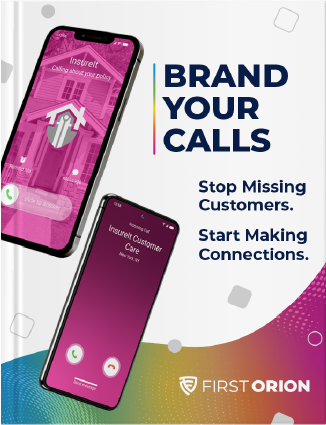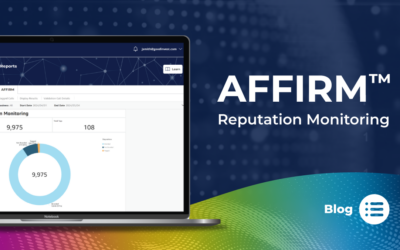Ever pick up an unknown call, only to hear a pre-recorded message on the other side? Yeah, we think it’s annoying too.
The reality is, it’s getting easier for marketing organizations to obtain mobile phone numbers – especially with landline usage dropping by over 10 percent per year. With more people moving to the exclusive use of mobile phones as their primary means of communication, mobile phone numbers are showing up in email signatures, business cards, pizza orders and other places where contact information is required.
Probably the most common way for telemarketers to get your data is to simply purchase it from a third party data provider. There are hundreds of data providers that have a wide array of data on individuals. They accumulate your data through sources like warranty cards, online purchases, even searching for number online to build a more lucrative file to sell. Here are a few examples:
“800”, “888”, and “900” numbers are another way for telemarketers to obtain your phone number. When you call these numbers, your phone number may be captured with a system called “Automatic Number Identification” or ANI. ANI uses equipment that automatically identifies and stores the number from which you are dialing. By matching your phone number with other computerized lists and street address directories, your name and address can often be discovered and added to marketers’ databases. Not only will the company that captured your number be able to use it, they may sell it to other marketers.
Credit Requests – Whenever you apply for credit, even for something as small as household appliances, you give out personal information. They lure people in with 0% financing, immediate spending power, even discounts – just to get their hands on your personal info. They can then sell, and resell, your name, address, phone number and spending history to others.
Donations – If you contribute to charitable organizations, their obtaining your name can far outweigh your donation in value. Many times, charities hire third-party telemarketing companies to collect funds on their behalf. The telemarketers keep a percentage of whatever they collect, turning over the rest of your donation to the charity. However, the telemarketers also keep your personal information, from which they can profit exponentially as they sell and resell it to other telemarketing companies.
Inadvertent disclosure – If you sign up for a contest or drawing, a phone number is usually requested. Such give-away promotions may have less to do with gifts than they do with obtaining your number for sales pitches. If you have your phone number printed on your checks, your name, address and phone number can easily be copied and entered into computerized mailing/phone lists.
Automatic dialing devices are able to determine all possible phone number combinations, even unlisted numbers, and dial them much more rapidly than any person can.
Requests for Information – When you call, email or otherwise ask for more information on a product or service, you’ve opened the door for them to call you to sell you something.
You pay for your smartphone, so you should be able to control who you allow to call and text. However, you are still going to receive unwanted calls and you should take action when you do. Be sure to take advantage of services to report unwanted calls and texts, such as reporting them to the FTC and FCC. To avoid unwanted calls to your mobile, remember to limit where you provide your cell phone number and always read the fine print on disclosures so you know where your personal information is going.



